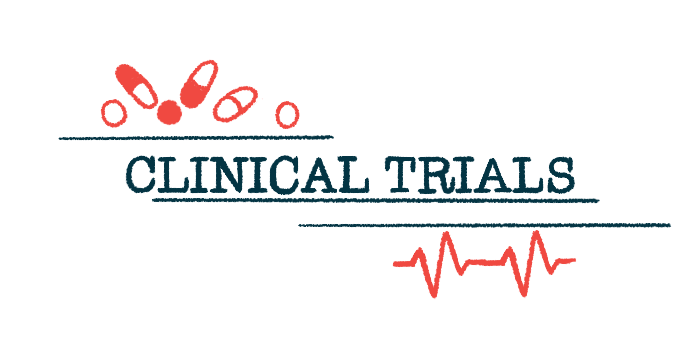Phase 1 trial of therapy for GBA1 Parkinson’s advances in dosing
Healthy adults testing safety of oral treatment at multiple ascending doses

Dosing has begun in the second part of a Phase 1 clinical trial of GT-02287, an experimental oral therapy that Gain Therapeutics is developing as a treatment for Parkinson’s disease associated with mutations in the GBA1 gene.
“Our Phase 1 clinical trial of GT-02287 remains on track and according to plan,” Matthias Alder, Gain’s CEO, said in a company press release.
The Phase 1 trial, taking place in Australia, aims to evaluate the safety profile of GT-02287 in healthy adults. In the study’s first part, these adults were given a single dose of GT-02287 at varying strengths, known as a single ascending dose (SAD).
Clinical trial into a possible therapy for a common genetic cause of Parkinson’s
Following a review of SAD data, an ethics committee gave clearance to begin the multiple ascending dose (MAD) part of the trial, where the adults will be given multiple doses of the experimental therapy at varying strengths.
It’s common for Phase 1 trials testing an experimental drug to begin with a SAD phase, followed by a MAD phase. The basic idea is to make sure that a single dose of the therapy can be given safely before testing the safety of repeat dosing.
“We are pleased with the safety and tolerability profile observed in the SAD cohorts and expect to complete the MAD part of the Phase 1 clinical trial” by the close of June, Alder said. The company did not release further trial details.
Although no clear cause of Parkinson’s can be established in most cases, for others, certain genetic mutations are linked to the disease. According to Gain, mutations in GLA are the most common genetic cause of Parkinson’s, found in as many as 15% of patients with the disorder.
The GLA gene provides instructions for making an enzyme called beta-glucocerebrosidase (GCase), which is essential to the proper working of lysosomes — cellular “garbage disposal” systems that clear out molecular debris. When GLA is mutated, these lysosomes are dysfunctional, resulting in the buildup of molecular waste that’s thought to play a key role in driving the disease in these patients.
GT-02287 is designed to bind to the mutated GCase enzyme and restore its ability to work, thereby increasing lysosomal function and helping to clear molecular debris, potentially slowing disease progression.
Recent data from a mouse model of GLA-associated Parkinson’s showed treatment with GT-02287 prevented nerve damage and led to improvements in motor function for the animals.
Funding from The Michael J. Fox Foundation for Parkinson’s Research, The Silverstein Foundation for Parkinson’s with GBA, and InnoSuisse are supporting Gain’s development program for GT-02287.







